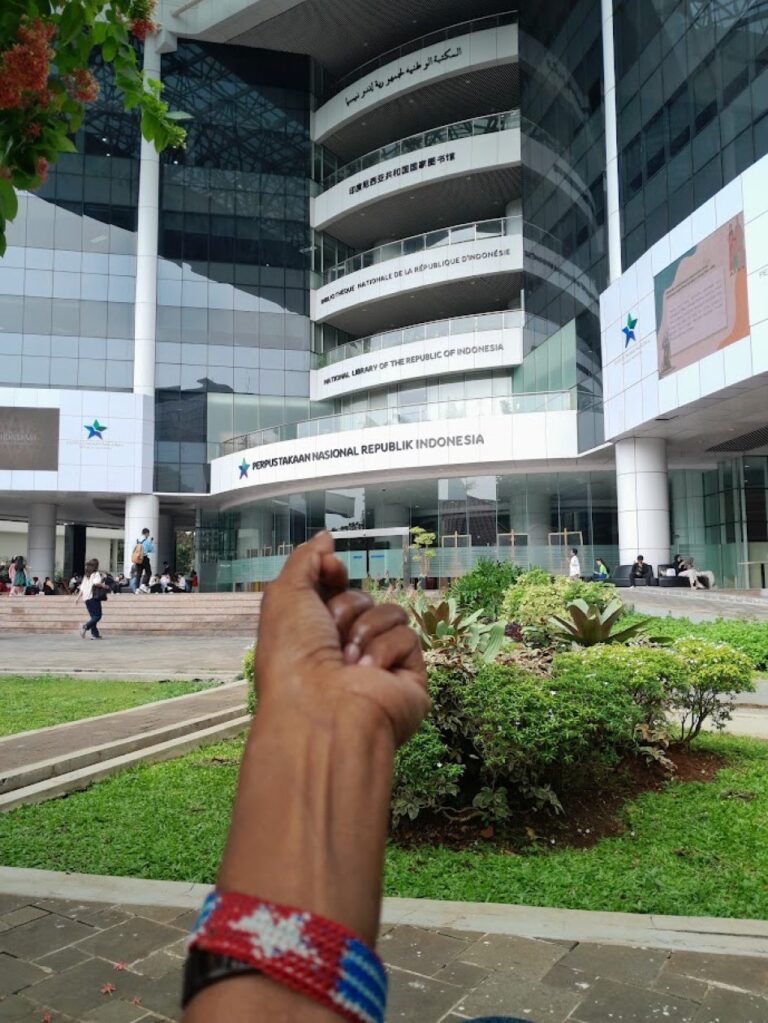Alberta Prohibits Gender Surgery and Puberty Blockers for Minors
Alberta Bans Gender Surgery and Puberty Blockers for Minors
In a move that has sparked heated debates across the province and beyond, Alberta has officially prohibited gender-affirming surgeries and puberty blockers for minors. This legislative shift has raised questions about the implications for young people seeking medical assistance in their gender transition and has opened a Pandora’s box of social, legal, and ethical discussions. Today, we’ll dive into the background of this decision, the reactions it has garnered, and what it means for the future of gender-affirming care in Alberta.
What Led to the Ban?
A Snapshot of Gender-Affirming Care
Before we delve into the specifics of the ban, let’s take a moment to understand what gender-affirming care entails. Generally, this encompasses a range of medical supports including hormone therapy, puberty blockers, and surgeries aimed at aligning an individual’s physical characteristics with their gender identity. These services are critical for many transgender and non-binary youth, providing them relief from gender dysphoria—a psychological condition resulting from a discrepancy between one’s experienced gender and assigned gender at birth.
Legislative Background
Alberta’s decision to impose this ban is rooted in a wave of political and social movements reflecting broader trends across Canada and the United States. There has been an increasing push against what some perceive as “overreach” by healthcare professionals in addressing gender-related issues among minors.
The Alberta government has claimed that this restriction aims to protect children, asserting that minors might not be capable of making informed decisions about such significant and life-altering treatments. Critics, however, argue this perspective undermines the autonomy of youth and disregards the recommendations of medical professionals specializing in gender health.
The Stakeholders Involved
Numerous stakeholders are affected by this decision, including:
- Children and Adolescents: Those facing gender dysphoria may struggle without the support they need, leading to emotional and psychological distress.
- Healthcare Providers: Doctors and mental health professionals now must navigate a new landscape of legal constraints that may inhibit their ability to provide comprehensive care.
- Parents and Guardians: Families are left in a challenging position as they try to support their transgender children while adhering to the new regulations.
- Advocacy Groups: Organizations dedicated to LGBTQ+ rights are mobilizing to oppose the ban, emphasizing the need for informed consent as part of healthcare.
The Public Reaction
Proponents of the Ban
Supporters of the legislation argue that it prioritizes the health and well-being of children by preventing irreversible medical procedures at a young age. They claim that many young people express gender nonconformity before settling into a stable identity as adults. Here are a few of the key points they raise:
- Informed Decision-Making: Proponents argue that minors lack the emotional maturity required to make decisions about their long-term health and identity.
- Alternative Approaches: They emphasize the importance of mental health support, therapy, and counseling over surgical interventions, believing this allows youth to explore their identities more fully in a less drastic manner.
Opponents of the Ban
On the other side of the aisle, those fighting against the ban are raising several concerns:
- Lack of Medical Consensus: Many healthcare professionals argue that decisions regarding gender-affirming care should be made collaboratively by the youth, their families, and medical experts. Evidence suggests that nuanced and supportive approaches can significantly improve mental health outcomes among transgender youth.
- Increased Mental Health Risks: Research indicates that access to gender-affirming treatments dramatically reduces the rates of depression, anxiety, and suicidal ideation among transgender individuals.
A Divided Community
The reaction from the public and LGBTQ+ community has been largely split, mirroring the intense polarization seen in many aspects of modern society. Social media has become a battleground, with hashtags popping up to either support or condemn the decision, while rallies and protests continue to draw passionate supporters from both sides.
What Does This Mean for Alberta’s Youth?
Access to Care
The most immediate effect of this ban is the limitation of medical options available to transgender youth. Prior to the enactment of this legislation, many young people were beginning to access gender-affirming healthcare, and testimonials from individuals who had undergone these treatments highlight how vital these services can be for mental health and overall well-being.
Long-term Implications
In the long run, the ban could lead to:
- Increased Mental Health Issues: If youth are unable to pursue the care they need, we may see a rise in anxiety, depression, and other mental health struggles among this demographic.
- Underground Services: There is also a concern this could prompt some families to seek care through unregulated or poorly vetted means, leading to unsafe practices.
The Role of Advocacy
As the legal landscape shifts, advocacy organizations are stepping up their efforts to push back against such restrictive policies. They are calling for more inclusive and supportive practices that reflect best medical practices and prioritize the well-being of young people. Community leaders and mental health advocates are working overtime to ensure that transgender youth not only understand their rights but also have access to critical support systems.
The Bigger Picture
Shift in Public Discourse
This ban is not happening in isolation; it’s part of a larger trend worldwide. Many countries grapple with issues surrounding transgender rights and the extent of medical intervention available to minors. With emotional and intellectual resources devoted to shifting perceptions around gender identity, Alberta’s decision to enact a ban may have both local and international ramifications.
Future of Healthcare and Legislation
As we look to the future, a greater dialogue around gender identity and healthcare is necessary. Medical professionals, policymakers, and community leaders must come together to shape the conversation constructively. The hope is that through collaboration, we can arrive at policies that respect youth autonomy while also ensuring proper medical oversight and care standards.
Conclusion
Alberta’s ban on gender surgery and puberty blockers for minors has opened up a whirlwind of discussion surrounding gender identity, healthcare, and youth autonomy. So many questions arise: How do we strike the right balance between protecting vulnerable youth and allowing them the autonomy to make healthcare decisions? Can society keep evolving while still respecting diverse identities?
At the end of the day, it’s crucial that we listen to each other, draw from a wealth of scientific knowledge, and put the well-being of our youth at the center of our discussions. The conversation is far from over, and everyone deserves a seat at the table.
FAQs
1. What is the reason behind Alberta’s ban on gender surgery for minors?
The ban has been enacted under the notion of protecting minors from making irreversible medical decisions before they’re fully capable of understanding the implications, according to some lawmakers.
2. What are the potential impacts of this legislation on transgender youth?
Limiting access to gender-affirming care can lead to increased mental health challenges, as many youths may experience worsening depression or anxiety when denied the care they believe is necessary.
3. Are there any alternative treatments available for transgender minors in Alberta?
While surgical procedures and puberty blockers are off the table, some families might opt for mental health counseling and support systems to help navigate gender identity discussions.
4. How can advocacy groups respond to this legislation?
Advocacy groups can mobilize communities, raise awareness, and push for future legislation that promotes informed consent and access to comprehensive gender-affirming care.
5. What can individuals do to support transgender rights in Alberta?
People can educate themselves and others about the issues, support relevant organizations, and advocate for inclusive policies that respect the rights and healthcare needs of all individuals, especially youth.







